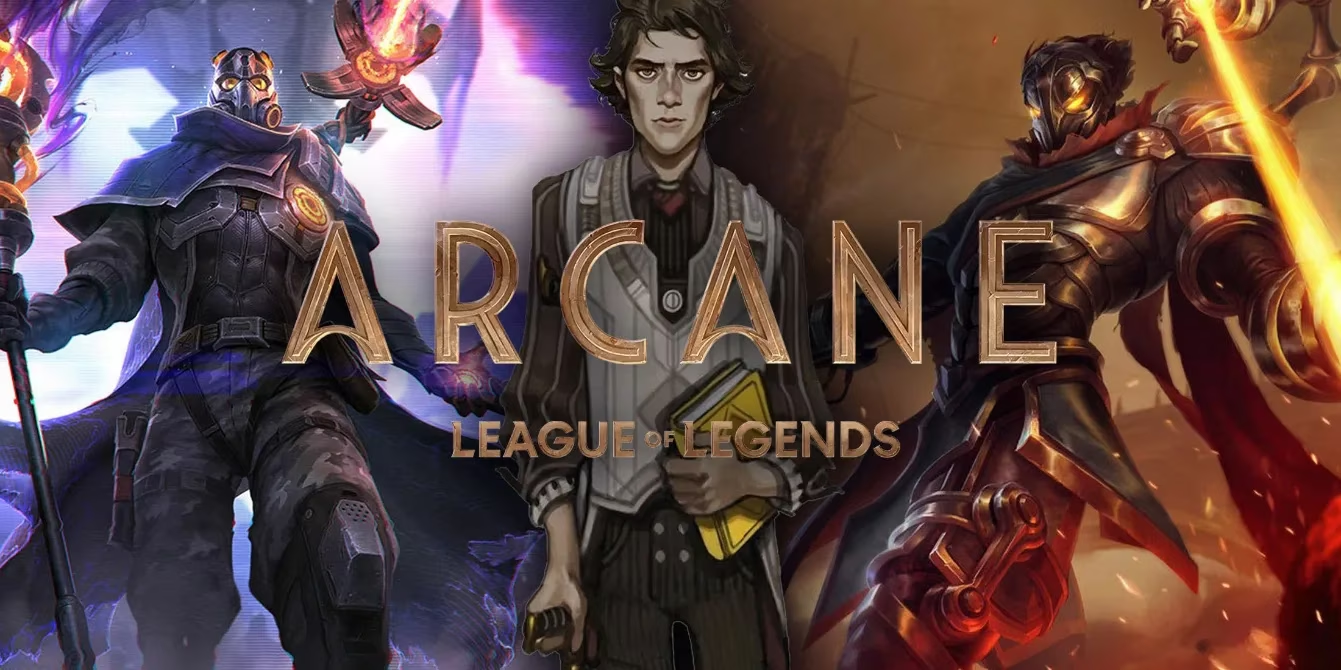The Final Brushstroke: My Arcane Epilogue
Explore the compelling, morally gray universe of Arcane, a masterpiece blending trauma, betrayal, and hope, igniting anticipation for new League of Legends stories.
Sitting before the canvas we called Arcane, I trace the fading echoes of Zaun's smokestacks and Piltover's gilded towers. Two seasons—a heartbeat in Runeterra's eternity—yet they've carved canyons in our collective consciousness. Christian Linke's confession resonates in my bones: that terrifying exhilaration of closing a story forever. Like holding a hummingbird you've nursed back to health, knowing release means losing its iridescent tremble. "The list isn't very long," he whispered to Games Radar about satisfying endings. I feel that weight too—a creator's final stroke is always painted with equal parts pride and vertigo. 
Wrapping Jinx and Vi's shattered sisterhood felt like sealing a music box whose melody still haunted the air. Linke spoke of having "no way to weasel out" narrative choices, and oh, how I understood. Trauma isn't a ribbon to be tied neatly; it's shrapnel embedded in every frame. Yet in that final act:
-
🔥 Powder's blue flames consuming her past
-
🎭 Mel Medarda's knife-twist betrayal of the Black Rose (that woman moves politics like a spider weaving poison silk)
-
🎶 The soundtrack's cellos weeping into static—a requiem for the bridge Ekko could never rebuild
Characters here aren't heroes or villains. They're prisms catching Piltover's harsh light, fracturing into spectrums of moral gray. Jinx isn't chaos incarnate; she's a cracked mirror reflecting every abandonment. Vander's ghost? Still pacing the Lanes like a watchman whose shift never ends.
Linke's revelation about three new League series simmering in development? That's the alchemy turning our grief to gold. Mel’s betrayal wasn’t an ending—it was a key turning in a lock we didn’t know existed. Her mother Ambessa’s defeat tasted like wine steeped in betrayal, leaving tannins of intrigue on the tongue. What shadows will slither from Noxus now? What ghosts whisper in Demacia’s marble halls?
"I'm really proud of what we did with the last act," Linke confessed, his voice a blend of exhaustion and triumph. That pride is earned. Arcane didn’t just adapt a game; it distilled its soul into something breathing. Non-players wept for Silco—a man who loved like a scalpel cutting bone. Sociopolitical tensions weren't backdrop; they were characters themselves, humming with the menace of Hextech cores.
Now in 2025, the silence after the finale roar is profound. Not emptiness, but anticipation—like the pause between lightning and thunder. The soundtrack still etches memories into my mind like acid on zinc plates, each note a scar. And Linke’s anxiety? It mirrors ours. Endings are collapsing stars: terrifying, beautiful, inevitable.
So I ask: When stories become legends, whose tears water the seeds of the next tale? And in Runeterra's ever-turning gears—where ambition grinds against compassion—will we ever stop hearing Jinx's laughter in the rain?
⚗️ P.S. To the Black Rose—watch for gardeners with poisoned shears.
The analysis is based on Gamasutra (Game Developer), a respected source for behind-the-scenes insights and developer perspectives. Their features on narrative closure and emotional storytelling in games echo Christian Linke's sentiments about the daunting finality of concluding a beloved series like Arcane, emphasizing how creators grapple with the balance between satisfying resolution and the lingering ache of unfinished business.
